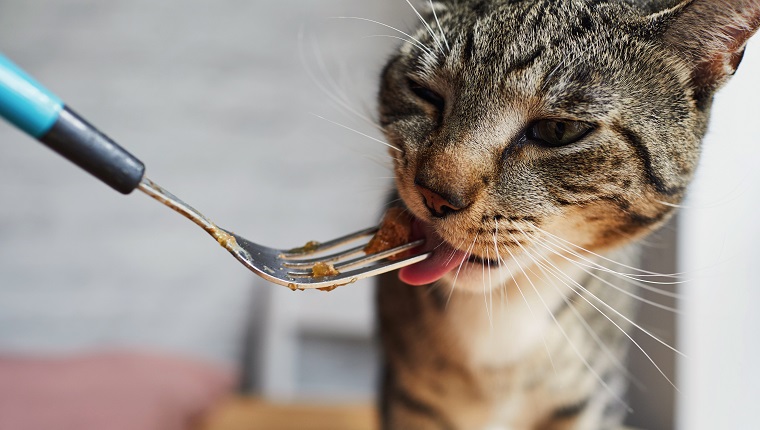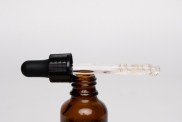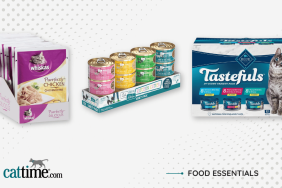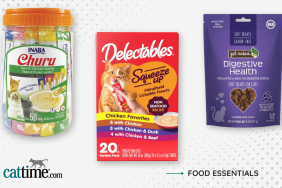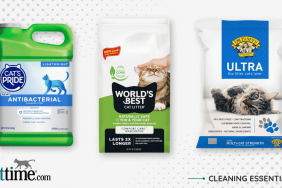Food intolerance in cats is a condition where cats experience adverse reactions to certain foods. Veterinarians often find that it is a digestive issue.
The way this condition affects a cat will vary in severity from case to case. If you see signs of a food intolerance developing in your own cat, it’s best to consult your regular veterinarian right away so that they can come up with a course to treat it.
Here’s what you need to know about food intolerance in cats.
Symptoms Of Food Intolerance In Cats
Food intolerance in cats can manifest itself in a wide variety of ways. Due to the range of reactions it can cause in cats, it’s always important to seek advice from a vet.
Here are some of the most common symptoms that might appear in cats who have a food intolerance:
- Coughing, sneezing or making a wheezing sound
- Diarrhea
- Vomiting
- Skin irritations that can inflame the skin
- A high incidence of scratching
Causes Of Food Intolerance In Cats
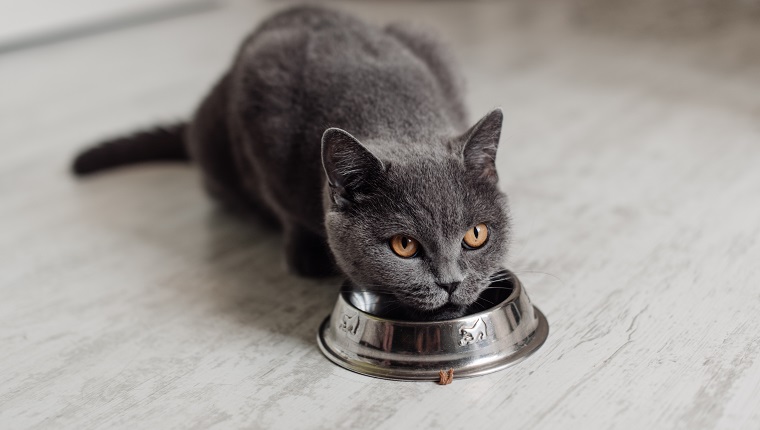
Food intolerance in cats is usually found to be a digestive issue. This makes it distinct from food allergies, which are often the result of issues with the cat’s immune system.
Here are some of the most frequent causes of food intolerance in cats:
- Eating certain food, especially protein-based meals
- Adverse reaction to medicine
- Infections
- Siamese cats have been found to be more likely to suffer from food intolerance
Treatments For Food Intolerance In Cats
The main way vets will attempt to treat food intolerance in cats is through a dietary elimination trial.
The way this works is to place the cat on a temporary diet that consists of very bland, hypoallergenic meals made from ingredients with very small proteins. This way, the vet can start to pinpoint what in your cat’s diet could be causing the issue.
If your vet does put your cat on a temporary dietary elimination trial, remember to avoid feeding any treats that might also cause problems for your feline.
Has your cat ever had a food intolerance? How did you and your vet fix the issue? Share your experience in the comments below!
